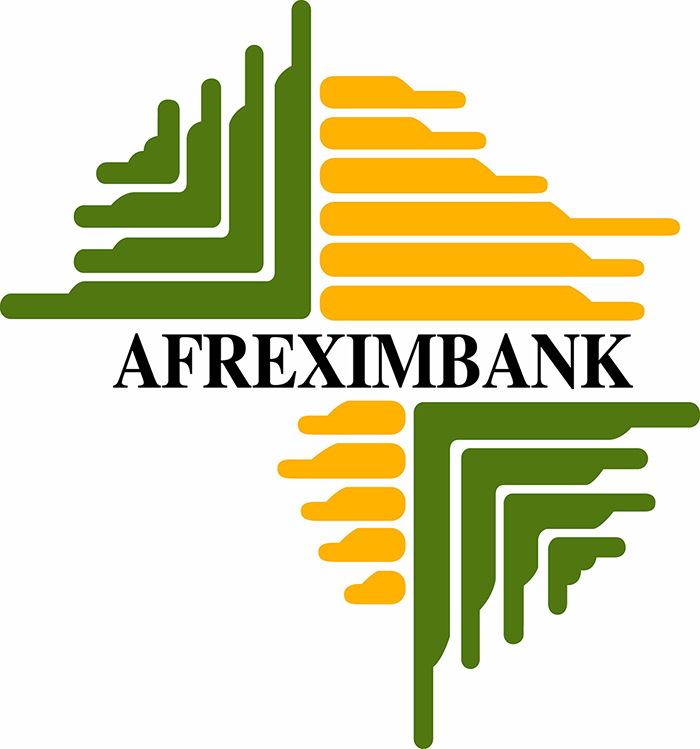 *World’s Largest Development Institution Urged to Tackle World’s Largest Development Challenge
*World’s Largest Development Institution Urged to Tackle World’s Largest Development Challenge
*World Bank Should Officially Call for Transparency in the Global Financial System, Shun Phantom Firms
11 October 2013, WASHINGTON, DC – As central bank governors, finance ministers, and global leaders gather in Washington ahead of the annual meetings of the World Bank and International Monetary Fund, IMF, this weekend, Global Financial Integrity (GFI) calls on the World Bank to prioritize the issue of illicit financial flows from developing countries on its agenda.
“The World Bank is the largest development institution in the world, and for too long it has ignored the largest development challenge facing poor countries – the illegal outflow of trillions of dollars resulting from crime, corruption, and tax evasion,” said GFI President Raymond Baker. “Our rigorous economic research finds that nearly $1 trillion flows illicitly out of developing countries each year, exacerbating poverty, fueling inequality, and undercutting global development.”
In May, GFI published a joint report with the African Development Bank, AfDB, finding that due to massive illicit financial outflows, the continent of Africa has been a long-term creditor to the rest of the world. The study found that cumulative illicit financial outflows from the African continent over the 30-year time span ranged from between US$1.2 trillion to US$1.3 trillion in real terms. These unrecorded illicit outflows considerably swamped cumulative net recorded inflows over the same period. As such, cumulative net resource outflows from Africa ranged from US$597 billion to US$1.4 trillion between 1980 and 2009.
“There is no bigger impediment to development. The African Development Bank has recognized this. The United Nations Economic Commission for Africa has recognized this. The United Nations Development Program has recognized this, and yet the World Bank continues to sit on the sidelines.
“While certain World Bank programs, such as the Stolen Asset Recovery, StAR, Initiative, touch on illicit financial flows tangentially, the Bank has yet to officially recognize the problem of illicit flows, let alone propose to do anything about it. It’s extremely disappointing,” added Mr. Baker.
GFI has a number of specific recommendations for the Bank. They urge the Bank to:
– Officially recognize the problem of illicit financial flows as a major impediment to development;
– Officially recognize that illicit financial flows are facilitated by both developing countries and by tax havens and developed countries which welcome the flow of illicit money;
– Formally take a position calling for the end to anonymous shell companies by asking governments to require that information on the true, human beneficial owners of all companies be – publicly disclosed in a central registry;
– Formally call for all multinational companies to report their profits, revenue, sales, employee levels, and subsidiaries on a country-by-country basis;
– Work with the IMF to formally push central banks around the world and the Bank for International Settlements (BIS) to both collect and disclose more information on cross-border investments, central bank transaction and deposit data, etc.;
– Require that all World Bank Country Assistance Strategies (CAS) include a thorough analysis of the illicit financial flows situation in the country concerned;
– Strengthen its in-country capacity building and technical assistance programs which help developing countries in the areas of tax administration, anti-corruption, and financial integrity, among other things; and
– Issue a World Development Report dedicated to a comprehensive analysis of illicit financial flows.
*GFI statement



